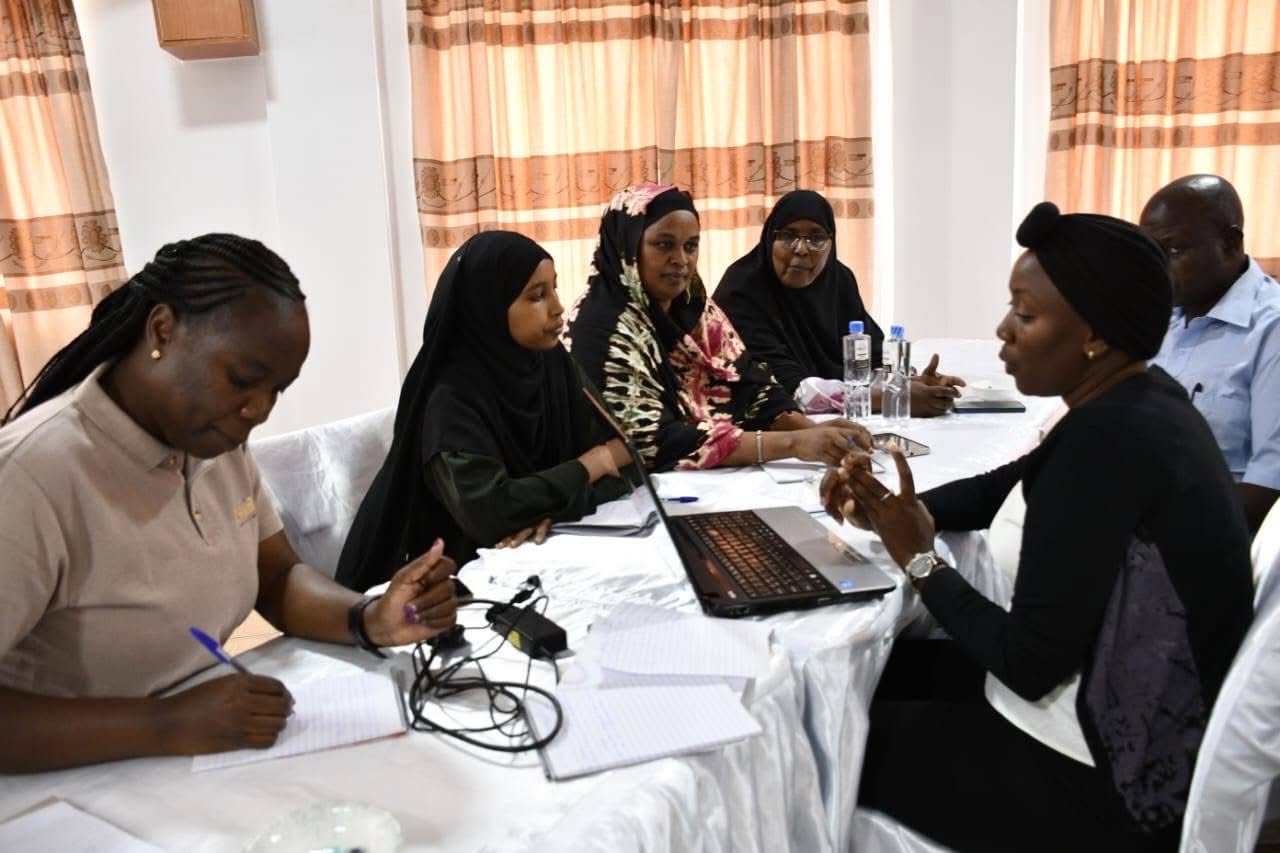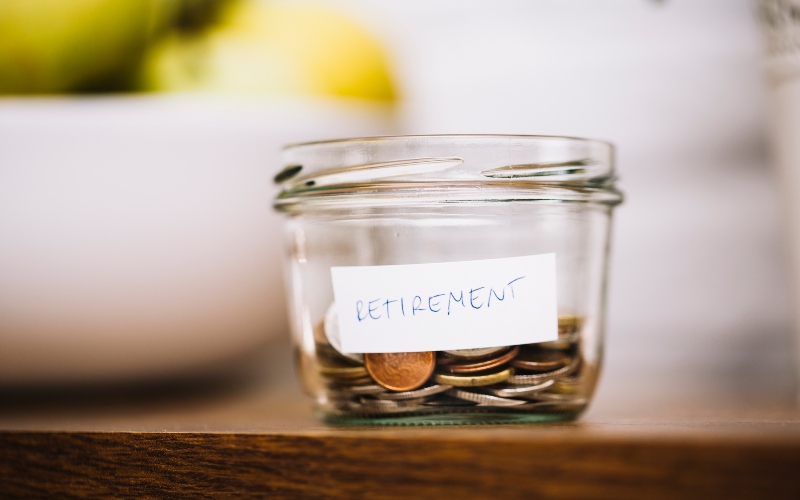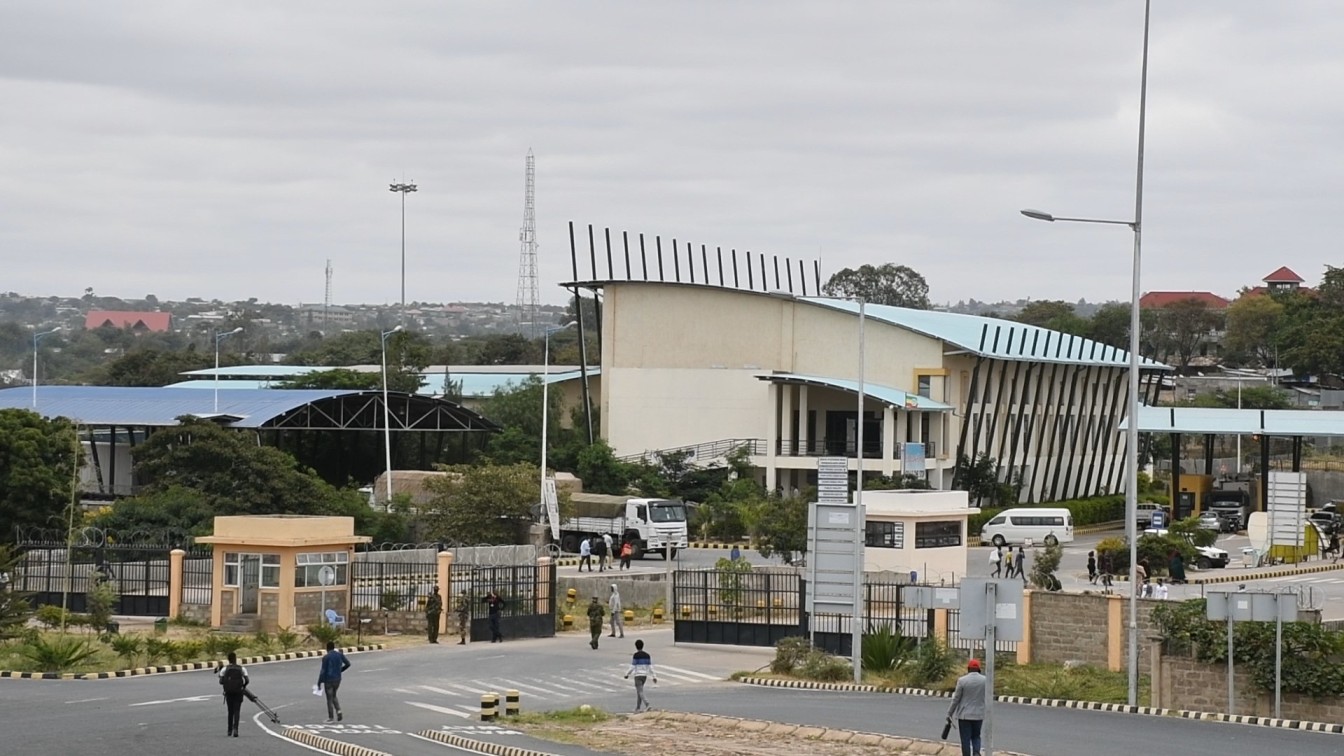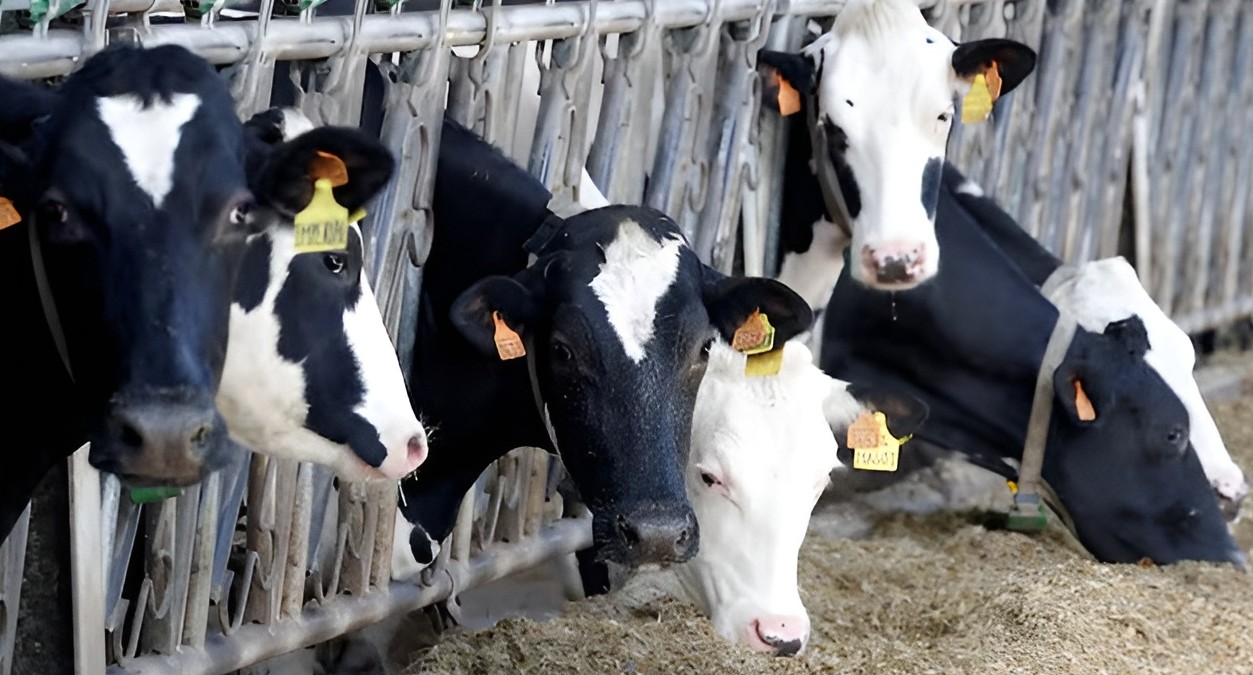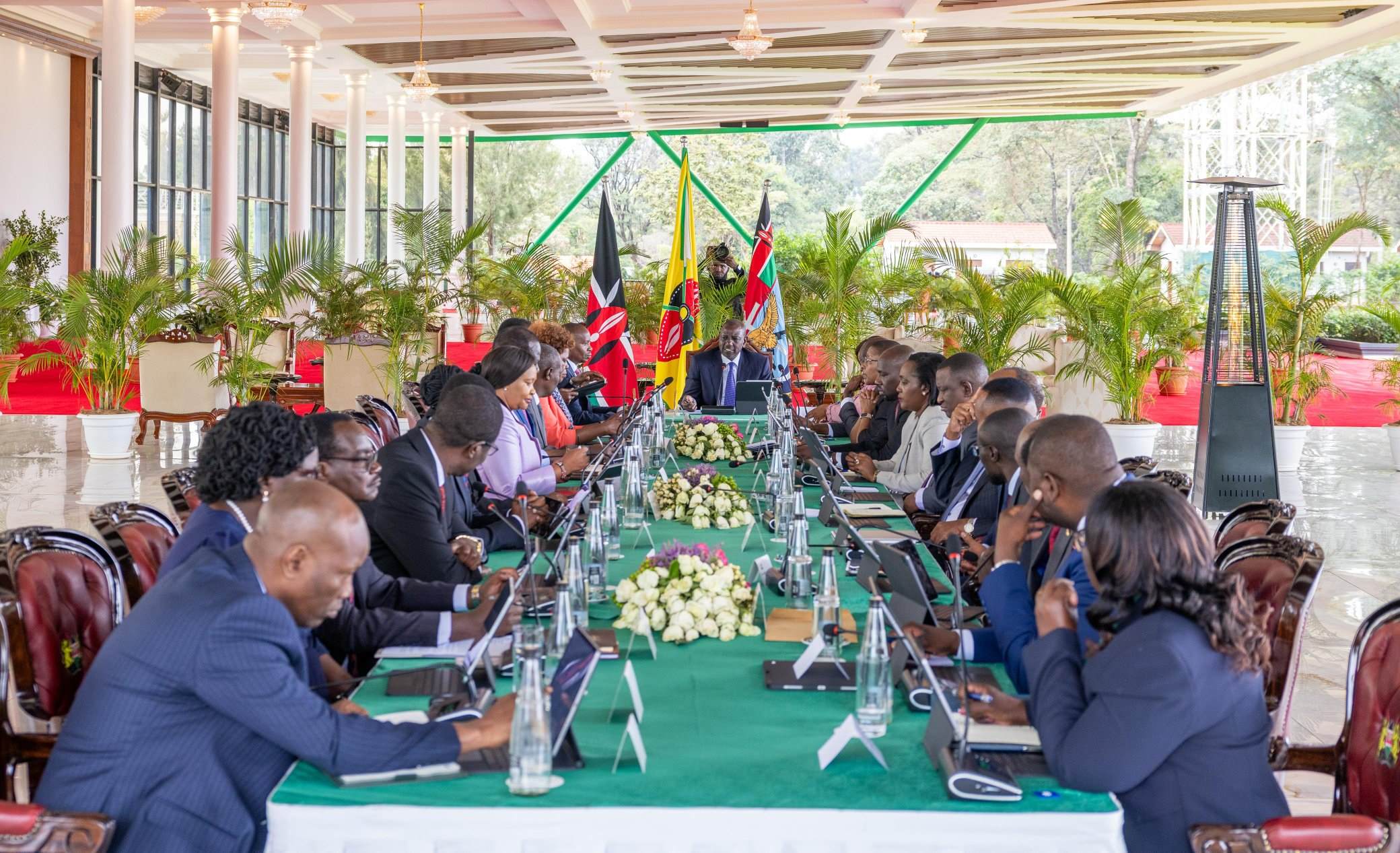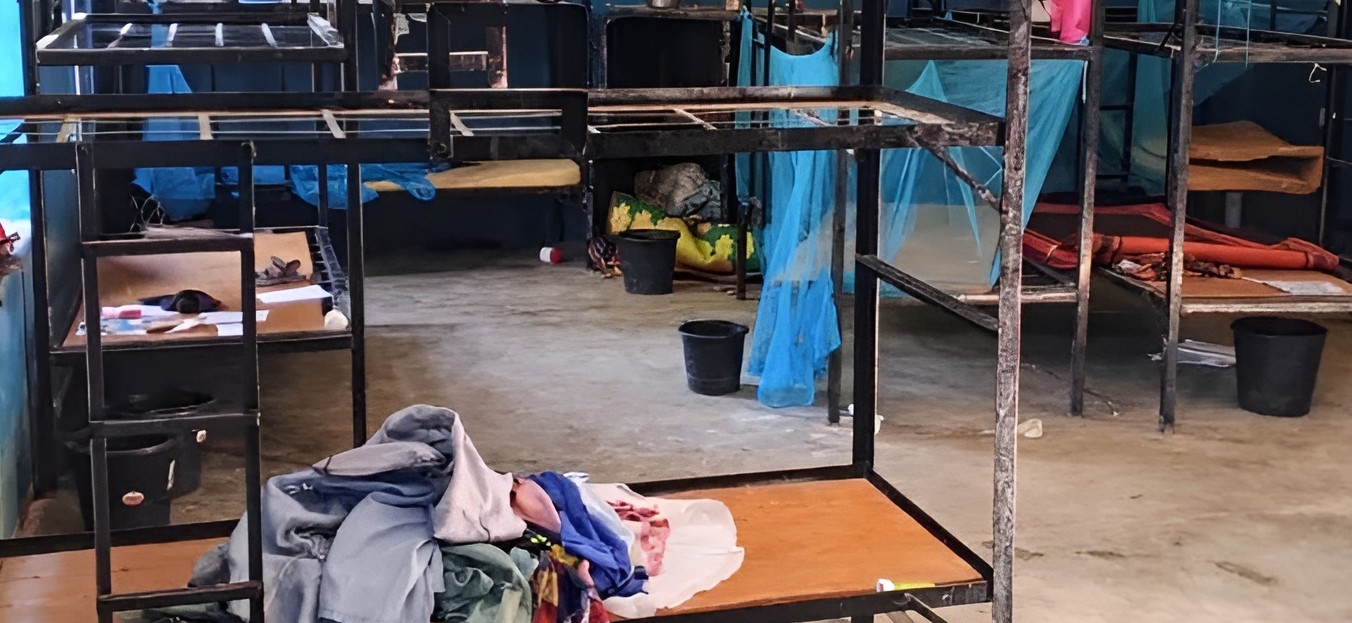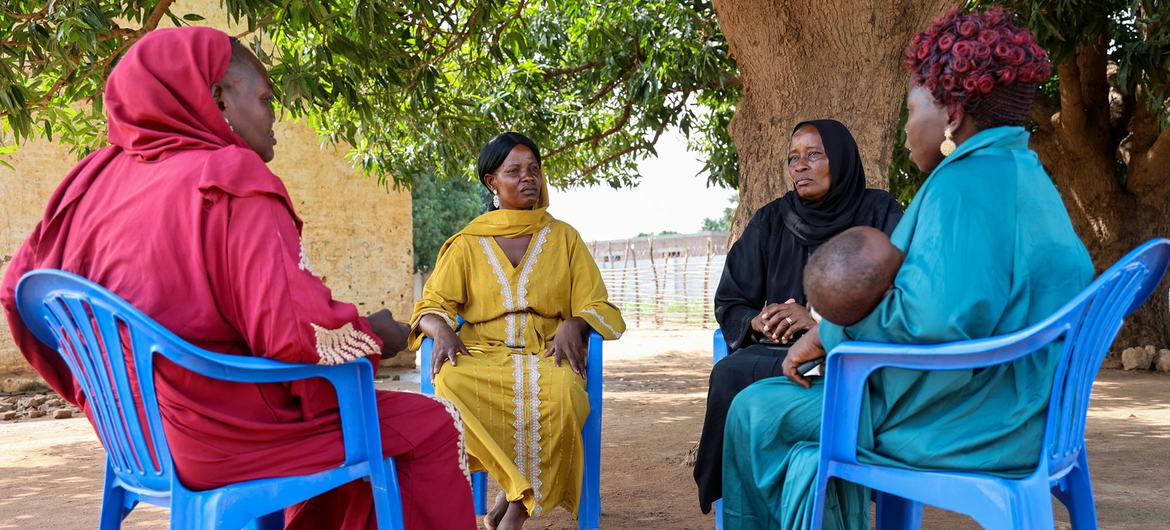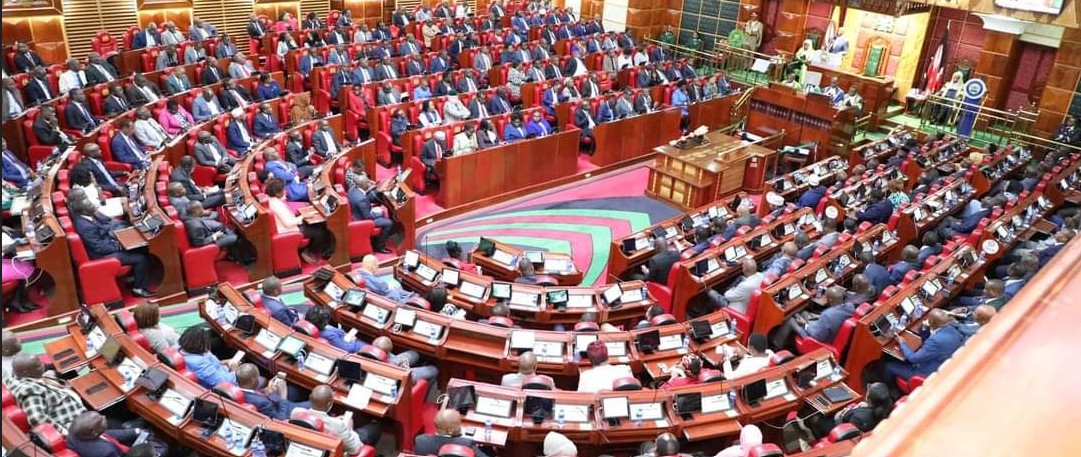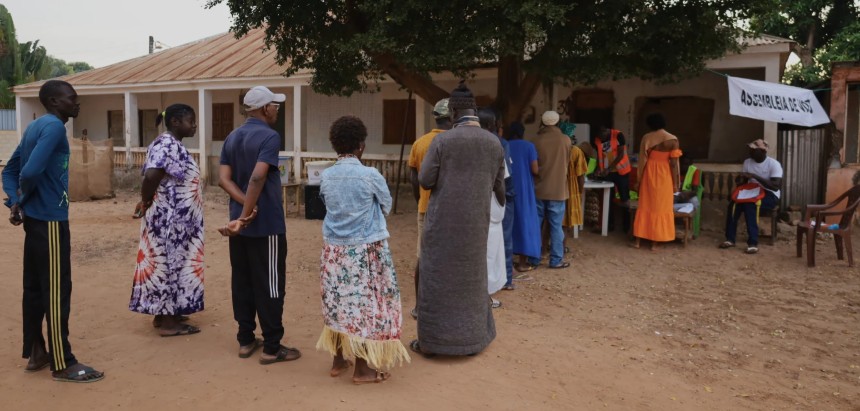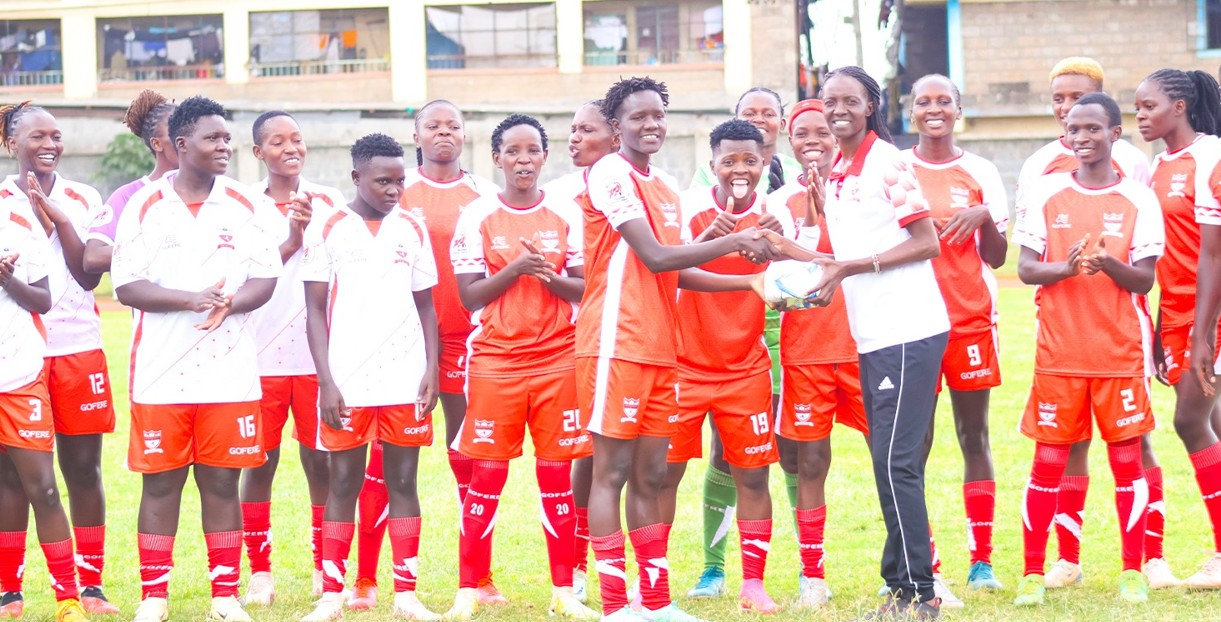Rights groups ask High Court to scrap mandatory housing levy, cite rising poverty
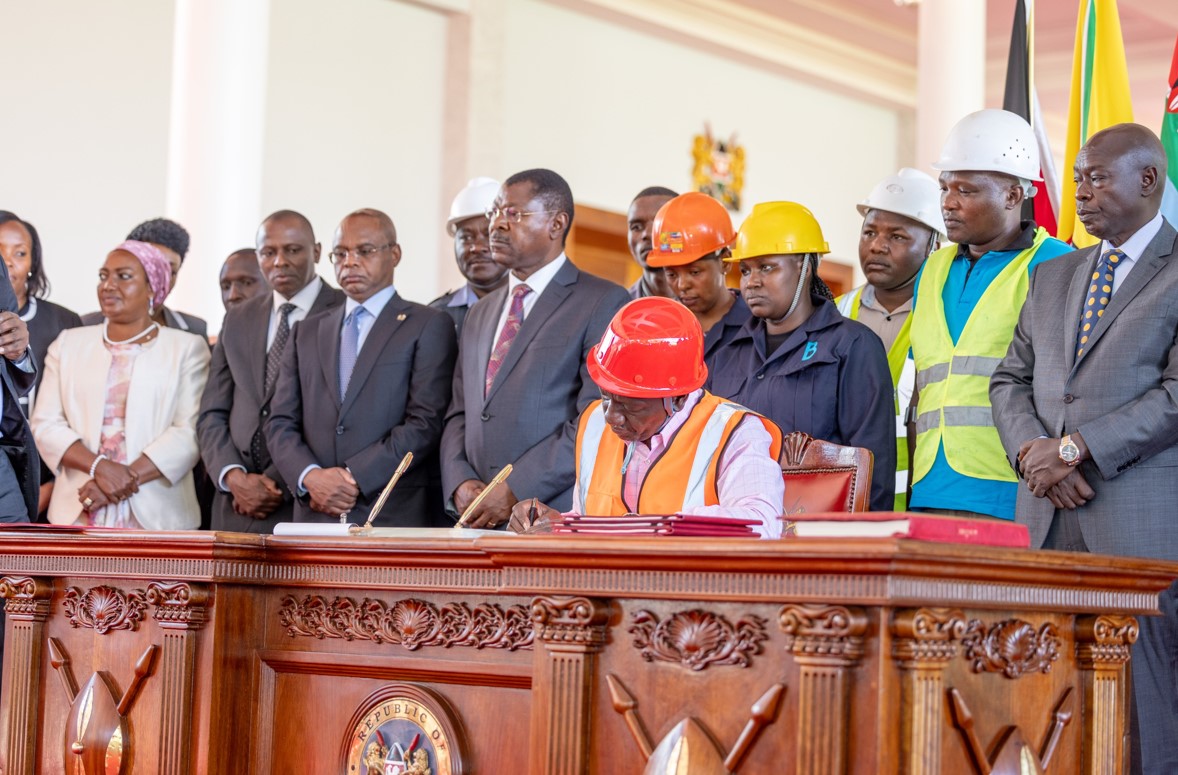
The groups argue that the levy unfairly targets salaried workers while allowing the political elite to benefit and that it deprives households of funds needed for food, healthcare and education.
At least five human rights bodies have asked the High Court to scrap the mandatory housing levy, warning that it is driving Kenyans deeper into poverty while being repurposed as a political tool.
The groups argue that the levy unfairly targets salaried workers while allowing the political elite to benefit and that it deprives households of funds needed for food, healthcare and education.
More To Read
- Only 54 of 540 acres properly titled for affordable housing, governors warn
- Sh73.2 billion raised for Affordable Housing in 2025, only 1,795 units delivered
- Mukuru affordable housing registration kicks off, targets 2,000 residents
- Housing levy under fire: Ndindi Nyoro says sector worse off despite billions collected from Kenyans
- Housing levy funds surge to Sh73 billion despite slow project rollout
- National Assembly approves regulations for Sh4 million affordable housing loans for rural homes
In their petition, the Kenya Human Rights Commission (KHRC), Transparency International Kenya, The Institute for Social Accountability, Inuka Kenya Ni Sisi! and Siasa Place describe the levy as illegal, unconstitutional and socially regressive. They argue that it disproportionately affects salaried workers, who are already weighed down by statutory deductions, while the political elite and other powerful groups are largely spared.
Citing data from the Kenya National Bureau of Statistics (KNBS), the petitioners note that more than a third of Kenyans live below the poverty line, with food inflation and stagnant wages eroding household incomes. They contend that the levy further strips workers of scarce disposable income needed for essentials such as food, healthcare and education.
Data from the KNBS 2024 economic performance report highlights the levy’s regressive impact on socio-economic rights. The construction sector, central to housing delivery, contracted by 0.7 per cent in 2024, reversing a three per cent growth in 2023. KNBS attributes the downturn to higher input costs, reduced private investment and the levy's drain on household spending. Cement consumption fell 7.2 per cent to 8.5 million tonnes, the steepest decline in two decades, while steel imports dipped 12 per cent. Employment in construction shrank 4.2 per cent, contradicting government claims that the levy is creating jobs.
The petitioners also accuse the Kenya Kwanza regime of turning the fund into a vehicle for political patronage.
“Mr. William Ruto announced that 20 per cent of houses, about 34,000 units from 170,000 ongoing projects, would be allocated to teachers after a meeting at State House. The deal was formalised through an MoU without Board approval, needs assessment or public tendering,” the groups said.
“Ruto further promised houses to Harambee Stars players during the CHAN football tournament. These acts suggest misuse for patronage ahead of the 2027 elections.”
Salaried Kenyans contribute 1.5 per cent of their monthly salaries to the levy, with a matching contribution from employers. The High Court ruled in October 2024 that the levy, introduced in 2023 to shore up public finances, was lawful, overturning a previous November 2023 ruling that had declared it illegal.
President Ruto has remained defiant, insisting that his plan to reform the national housing structure must continue. He defends the fund, saying it will construct homes for the poor, create employment and reduce public borrowing.
The petitioners now want the High Court to suspend all deductions and declare the levy unconstitutional.
Top Stories Today




